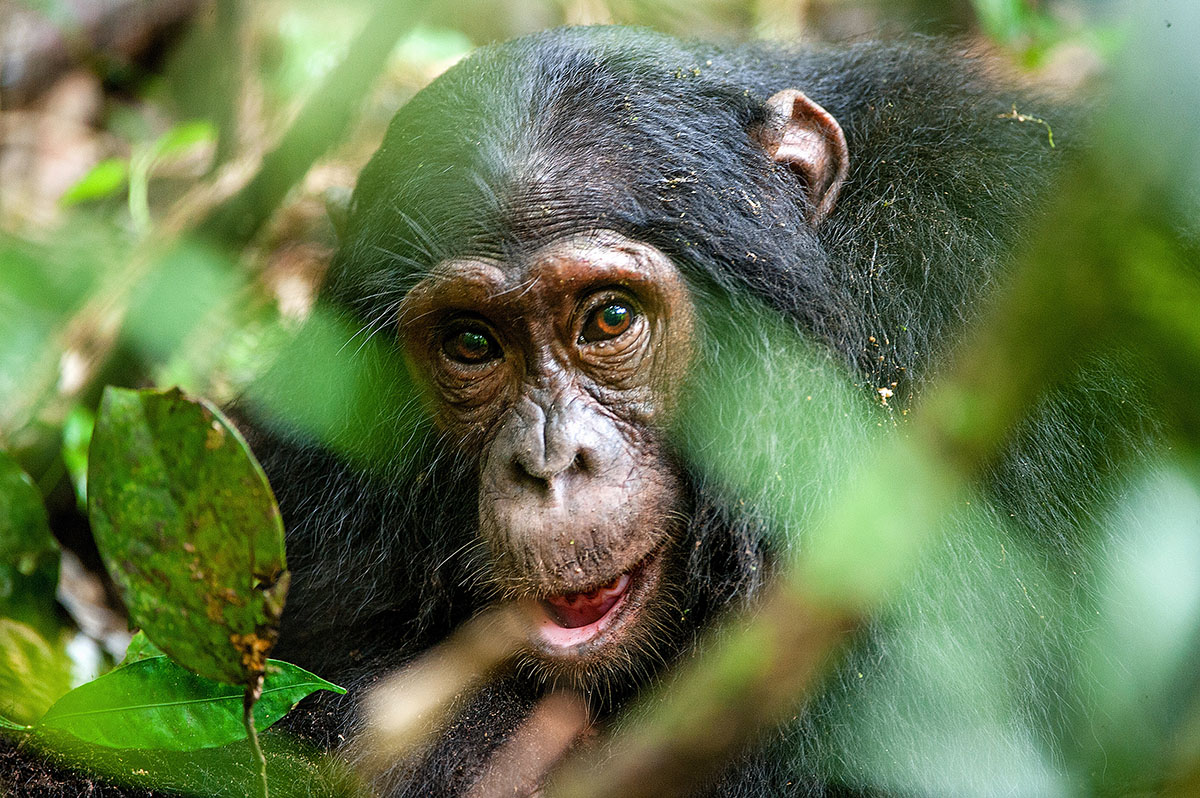On Tuesday 3 April, Environment Secretary Michael Gove confirmed that the UK will introduce a ban on ivory sales, as he set out plans to help protect elephants for future generations.
The Government has published the response to its consultation on a UK ivory sales ban, and confirmed robust measures will be brought into force through primary legislation.
The ban will cover ivory items of all ages – not only those produced after a certain date. The maximum available penalty for breaching the ban will be an unlimited fine or up to five years in jail.
There were more than 70,000 responses to the consultation, with over 88 percent of responses in favour of the ban, including a response from the APPG on Endangered Species.
This Government announcement is encouraging news after all the recent work the APPG on Endangered Species has done to highlight the need for such a ban.
The number of elephants has declined by almost a third in the last decade and around 20,000 a year are still being slaughtered due to the global demand for ivory.
Environment Secretary, Michael Gove said:
“Ivory should never be seen as a commodity for financial gain or a status symbol, so we will introduce one of the world’s toughest bans on ivory sales to protect elephants for future generations.
“The ban on ivory sales we will bring into law will reaffirm the UK’s global leadership on this critical issue, demonstrating our belief that the abhorrent ivory trade should become a thing of the past”.
In line with the approach taken by other countries, including the United States and China, there will be certain narrowly-defined and carefully-targeted exemptions for items which do not contribute to the poaching of elephants.
The exemptions have been tightened since the Government published its proposals for consultation, but still provide balance to ensure people are not unfairly impacted:
- Items with only a small amount of ivory in them. Such items must be comprised of less than 10% ivory by volume and have been made prior to 1947.
- Musical instruments. These must have an ivory content of less than 20% and have been made prior to 1975 (when Asian elephants were added to CITES).
- Rarest and most important items of their type. Such items must be at least 100 years old and their rarity and importance will be assessed by specialist institutions such as the UK’s most prestigious museums before exemption permits are issued. In addition, there will be a specific exemption for portrait miniatures painted on thin slivers of ivory and which are at least 100 years old.
- Museums. Commercial activities to, and between, museums which are accredited by Arts Council England, the Welsh Government, Museums and Galleries Scotland or the Northern Ireland Museums Council in the UK, or the International Council of Museums for museums outside the UK.
By covering ivory items of all ages and adopting these narrow exemptions, the UK’s ban will be one of the toughest in the world. The US federal ban exempts all items older than 100 years as well as items with up to 50% ivory content. The Chinese ban exempts ivory “relics”, without setting a date before which these must have been produced.
The UK is already showing global leadership in the international fight against the illegal ivory trade, and at a recent European Environment Council called for EU member states to follow the Government’s lead and ban commercial trade in raw ivory – which is already banned in the UK – within the EU as soon as possible.
In October, the UK will host the fourth international conference on the illegal wildlife trade, bringing global leaders to London to tackle the strategic challenges of the trade. This follows the ground breaking London 2014 conference on the illegal wildlife trade, and subsequent conferences in Botswana and Vietnam.
A ban on ivory sales in the UK would build on Government work both at home and overseas to tackle poaching and the illegal ivory trade. The UK military is training African park rangers in proven poacher interception techniques in key African countries, and Border Force officers share their expertise in identifying smuggled ivory with counterparts worldwide to stop wildlife trafficking.
